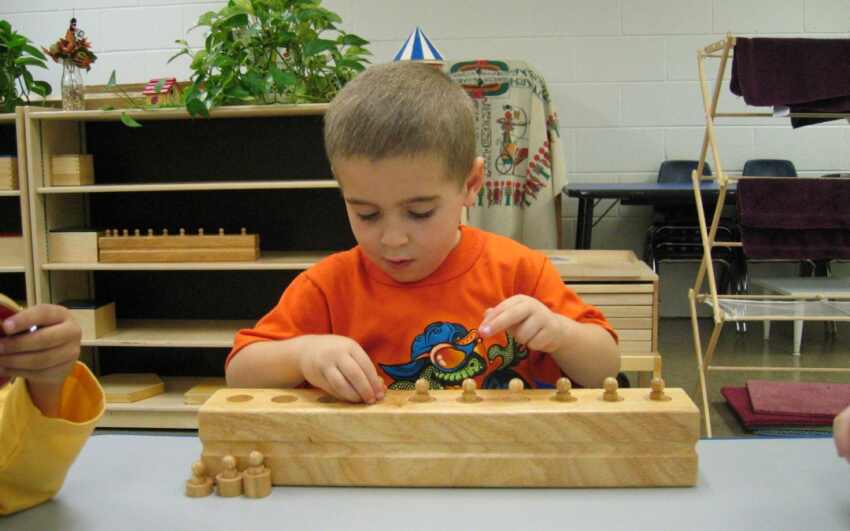Nurturing Curiosity: Exciting Montessori Activities for Young Minds
Curiosity is a trait that is inherent in young minds. It is the driving force behind exploration, learning, and discovery. As parents and educators, it is our responsibility to nurture and encourage this curiosity. One educational approach that effectively promotes curiosity is the Montessori method. In this article, we will explore some exciting Montessori activities that can stimulate young minds and foster a lifelong love of learning.
1. Sensorial Activities
Montessori sensorial activities are designed to engage children’s senses and help them make sense of the world around them. These activities include matching sounds, sorting objects by color, texture, or size, and exploring different smells. Through these activities, children develop their ability to observe, compare, and categorize, laying a strong foundation for critical thinking and problem-solving skills.
2. Practical Life Activities
Practical life activities are integral to the Montessori curriculum as they help children develop essential life skills while also fostering independence and concentration. Activities such as pouring water, buttoning clothes, or arranging flowers not only teach practical skills but also promote fine motor skills and hand-eye coordination. These activities empower children with a sense of accomplishment and boost their confidence, further fueling their curiosity to explore the world around them.
3. Nature Exploration
Montessori believes in the importance of connecting children with nature. Nature exploration activities, such as gardening, observing insects, or going on nature walks, engage children’s senses and ignite their curiosity about the natural world. These activities encourage children to ask questions, make observations, and seek answers, developing their scientific thinking and environmental awareness.
4. Math Manipulatives
Montessori math materials, known as manipulatives, are designed to make abstract mathematical concepts tangible and accessible to young learners. Activities such as counting with beads, sorting objects by color or size, or using number rods help children develop a solid understanding of numbers and basic mathematical operations. These hands-on experiences stimulate curiosity, as children are encouraged to explore and experiment with mathematical concepts at their own pace.
5. Language Development
Language development is a crucial aspect of early childhood education. Montessori language activities focus on phonemic awareness, vocabulary building, and reading comprehension. Through hands-on activities like sandpaper letters, moveable alphabets, and storytelling, children not only develop their language skills but also cultivate a love for literature. These activities inspire curiosity about words, sounds, and stories, laying the foundation for lifelong language learning.
Nurturing curiosity in young minds is vital for their overall development and lifelong love of learning. The Montessori method provides a holistic approach in fostering curiosity by engaging children with hands-on and sensorial activities. By incorporating these exciting Montessori activities, such as sensory exploration, practical life skills, nature exploration, math manipulatives, and language development, parents and educators can create an environment that stimulates curiosity, encourages exploration, and nurtures a lifelong passion for learning in their children. So, let us embrace the curiosity of young minds and embark on an exciting Montessori journey together.
Nidhin
For More Details Call: +917510220582

